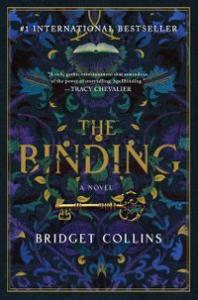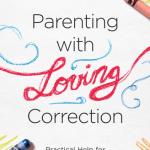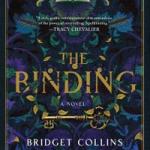I’ve been slowly working my way through Bridget Collins’ new book The Binding. So far, it’s fairly well-written and has an interesting enough premise. Namely, the hook is that in Emmett Farmer’s world, “books” are written when a “binder” transfers (i.e. “binds”) the memories of a person to a piece of paper. These memories are then gone from the individual’s head and “bound” into a book, unless the book is destroyed in which case they are returned to the person who gave them up in the first place.
That’s a setting, of course, not a plot. The plot revolves around the relationship between Emmett and local aristocrat Lucian Darnay and Emmett’s path transitioning from being a farmer to being a binder.
I’m only about 2/3 of the way through the book, and again there are some interesting enough bits to keep me going (professionalization/industrialization of the trades vs. artisan craftsmanship from the home; the nature of farm work; generational conflict; virtuous peasants vs. corrupt aristocrats; etc). It helps that Collins is clearly a talented writer who is working in an unique world.

But one of the issues that has particularly stuck out so far is the question of why homosexuality is so objectionable in the world of this particular novel. After all, one thing we’re told fairly often (and fairly loudly) in our own time and place is that religion–often especially Christianity–is the source of biases against this orientation. Only when we’ve kicked off centuries of built-up religious prejudices will society accept that love knows no boundaries, and only then will everyone be happy.
And yet, in the world of The Binding, for at least the first 2/3 of the book there seems to be not only no Christianity, but there appears to be no real religion of any kind whatsoever. Sure, there is mention of a past “Crusade” against “binders” (who, admittedly, have the ability to take people’s memories through obviously supernatural means), but again no religious meaning is attributed to that. While some kind of explanation might be forthcoming in the end of the book that involves Christians or other theists doing awful things to people of same-sex orientation, until that happens, it seems that The Binding has a problem with nature. (Of course if such an explanation does come, then this blog post will be moot. So take this for what it’s worth.)
At least, The Binding might have a problem with nature. Where does the prejudice that is the source of so much of the book’s action come from? Why aren’t Emmett and Lucian allowed to be together? The way I see it, there are only really a few options: 1) a cheap plot device not meant to be questioned; 2) the assumption that all of us will assume religion is automatically the source of all such prejudices, and hence the further assumption that no exposition to this end is necessary (which is really just another way of saying “sloppy writing;” this wouldn’t be in line with the otherwise high-quality writing in this book); or 3) some (so-far) un-mentioned past event/belief/tradition that created these prejudices in the world of the book; or 4) the book is assuming that there really is something counter-to-nature in these kinds of relationships.
That final option would be surprising, given that this is a mainstream novel and that such a position is in line with traditional Christian sexual ethics. (Which don’t need to be gone over here–you can see the Nashville Statement for that, or you can listen to a conversation with one of its authors here.) Which means how this book is resolved will be worth paying attention to. If the pressure to reject these inclinations is not the result of centuries of religious influence, but instead comes from nature itself, then the world of The Binding creates a conversational framework very different from the one in which our society currently operates.
And as you can probably tell, I’m enjoying this book. I’d encourage you to go do the same. At least, you should enjoy the first 2/3 of it. No promises about the rest.
Dr. Coyle Neal is co-host of the City of Man Podcast and an Associate Professor of Political Science at Southwest Baptist University in Bolivar, MO













